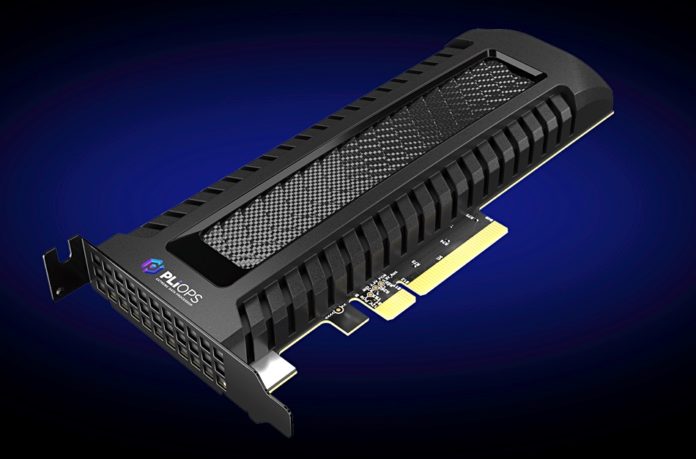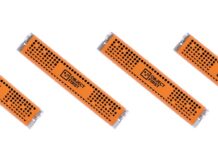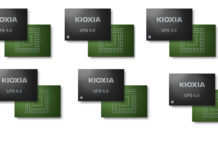Israel-based startup Pliops has unveiled its Extreme Data Processor (XDP) storage processor product to offload server X86 CPUs and accelerate data-intensive apps with better-designed processor resources.
Pliops — pronounced Ply-Ops and meaning more IOPS — has been developing its XDP storage processor since 2017, reasoning that X86 processors are getting drowned by the increasing demands of relational, NoSQL and in-memory databases, analytics, AI/ML, 5G, and IoT applications — all of which need lots of data-handling processing.
Uri Beitler, Pliops co-founder and CEO, provided context in a statement: “The data needs of today and tomorrow are not compatible with the data centre architecture of yesterday. As data grows exponentially, our ability to handle the data must grow too. What’s needed is a revolutionary data processor – one that doesn’t take a revolution to deploy at scale.”
The XDP is a specially-designed low-profile, PCIe bus-attached accelerator sitting between NVMe SSDs and data-requesting applications. It provides up to 3.2 million random read and 1.2 million random write IOPS and can store up to 128TB of data on 64TB of SSDs.
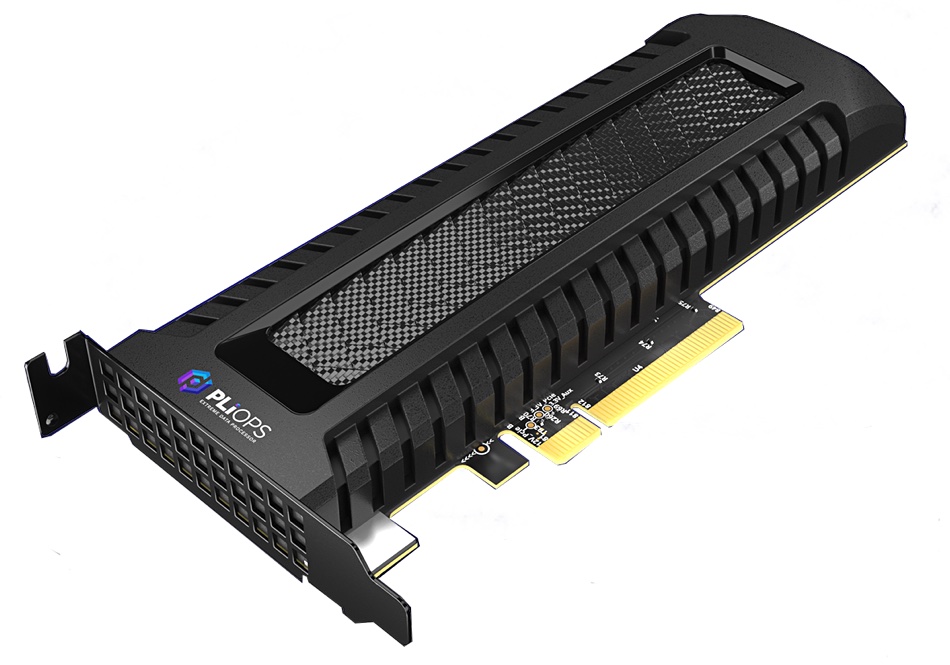
The card supports QLC (4 bits/cell) flash and can make it perform like more expensive TLC (3 bits/cell) NAND, with TLC endurance levels. It supports all data centre SSDs, atomic database writes and features a block or a key:value (KV) interface.
Key:Value store engine
There is a KV library API that is compatible with RocksDB and the NVMe-KV standard.
The XDP’s KV storage engine (RocksDB-on-a-chip, so to speak) works with relational databases (MongoDB, MySQL, Oracle, etc), NoSQL databases (Redis, Aerospike, Hbase, etc), analytics apps (elastic, spark, Splunk and Hadoop) and software-defined storage products like Ceph, MinIO and Nutanix and other object storage. Pliops tells us that block IO, when compressed, appears as variable-sized KV data. It also says that the XDP is binary-compatible with RocksDB.
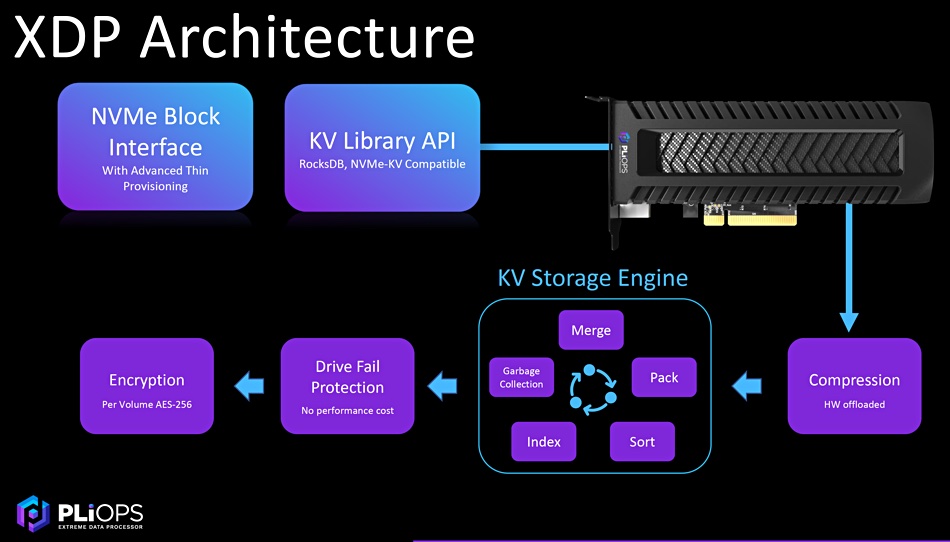
In general, Pliops claims its XDP ensures KV stores achieve an order of magnitude increase in price/performance and scaling. For Redis it can provide sub-millisecond data access latencies and DRAM-like IOPs from SSDs, although no DRAM caching is used. The card can provide an up 2x increase in read bandwidth and 3x to 4x improvement in write bandwidth for a server.
Performance booster
Pliops says the XDP card can provide an overall 10x performance gains for databases, analytics, and AI/ML work. The product provides on-board compression, thin provisioning, and both data and write reduction with up to 6x space savings increase and protects against drive failure with its RAID-like DFP (Drive Fail Protection) feature. DFP can rebuild a failed 7TB SSD in 35 minutes.
Because it enables fewer servers to do more application work, Pliops estimates the XDP can provide an up to 5x cost saving on data centre infrastructure.
In other words, a Pliops-assisted environment needs fewer servers and fewer and cheaper SSDs to achieve a given level of performance, driving down cost or increasing performance. Possibly even both.
Pliops has existing customers and is basing its claims on their experiences:
- $100B US-based Pure SaaS Provider for database application for core service;
- Top 3 China Hyperscaler to enable QLC and ultra high node level reliability for EBS;
- Top Semiconductor Manufacturer to for validation and manufacturing quality data in MySQL, Mongo, Redis, ML;
- US Government HPC Lab for file system and multiple native KV applications.
Download an XDP white paper here (registration required).
Pliops’s XDP is available from multiple distributors and server OEMs, and the company is expending its go-to-market and product development functions. Its customers are going to be enterprises and MSPs.
Comment
The XDP is a storage-specific accelerator card and, as such, is part of the general data processing unit (DPU) technology area. It is rather like a super-SmartNIC because it does more than act as an intelligent network interface card. If we consider an external storage array to be a block interface, dual-X86 controller device presenting a mass of storage drives to servers as a single resource then Pliops’s XDP replaces the storage controller.
It has rough similarities to Fungible’s FS1600 and Nebulon’s original and cloud-managed Storage Processing Unit card. This Nebulon SPU has since evolved into smartEdge and smartCore products, delivering self-service infrastructure provisioning, infrastructure management-as-a-service, and enterprise shared and local data services.
The Fungible FS1600 is a self-contained 2U 24-slot storage server using NVMe SSDs and a pair of Fungible F1 controller chips. In contrast, the XDP is an add-in card (AIC) to an existing server.
President Steve Fingerhut said in a briefing: “We could work with Nebulon. We want to be a building block supplier and work with everybody … We don’t have storage array partners.” Our impression was that we should watch this space.
PIiops company timeline
- May 2017 — Founded by CEO Uri Beitler, Chairman Aryeh Mergi and CTO Moshe Twitto.
- Oct 2018 — $10M–$20M A-round funding.
- Nov 2018 — unveils storage processor plans.
- Jan 2019 — gets $30Mm B-round funding to build storage processor.
- Dec 2020 — appoints Mellanox founder to board.
- Feb 2021 — Raises $65M in C-round.
- Jul 2021 — Launches XDP storage processor.
Start it, build it, sell it — Aryeh Mergi was previously a founder at M-Systems (bought by SanDisk), ActivePath (bought by Broadridge) and XtremIO (bought by EMC).
Pliops’s investors include Intel Capital, Xylinx, Western Digital, Nvidia and Softbank.


